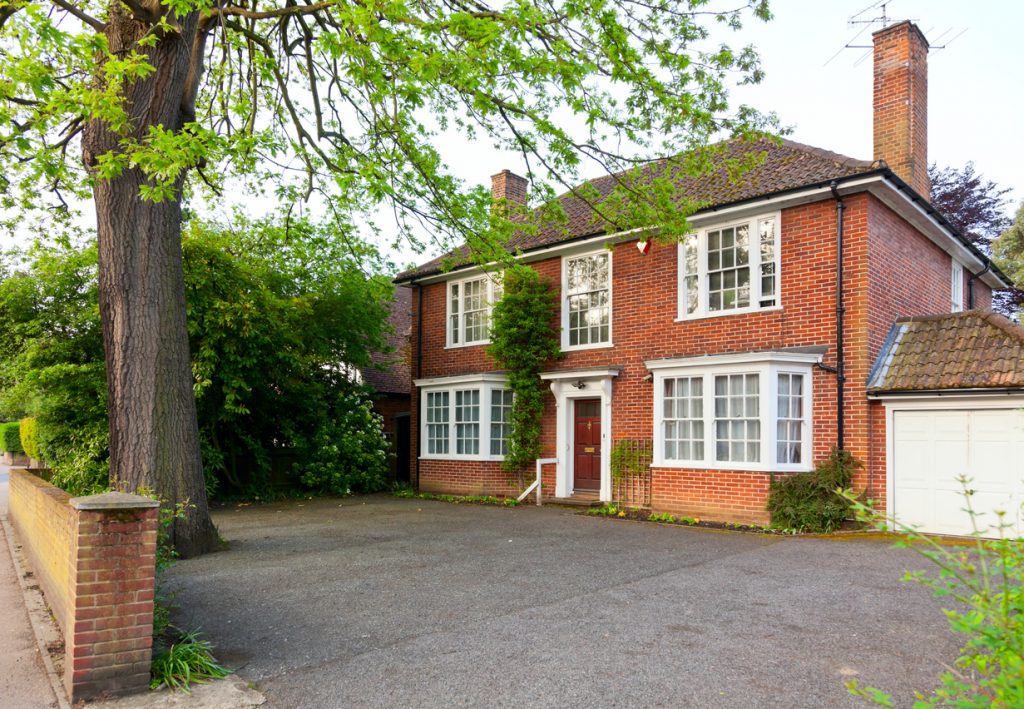Flora Nelmes, Associate at Hunters Law, explains the steps involved in insuring an unoccupied property following a death.
If you are an executor handling the estate of a deceased person, one of your most important responsibilities will be ensuring that the deceased’s assets are properly protected including any unoccupied property.
Dealing with an estate can prove overwhelming and insurance will often be far from people’s minds. However, where the deceased owned a property, this is normally the most valuable asset in their estate. As such, it must be adequately insured during the administration period until it is sold or transferred to the beneficiaries - particularly where the property could be vacant for quite some time whilst awaiting grant of probate. Should you fail to ensure the property is properly insured, you could risk being held personally liable for any losses suffered by the estate (for instance, as a result of a break-in, burst pipe or fire).
What do I need to do?
If the deceased owned a property that is now unoccupied, you should:
- Contact the current insurers as soon as possible following the death to notify them of the change in circumstances. Many policies become void when a property is left vacant for a certain period (normally beyond 30 days), and you should check whether the existing policy still provides sufficient cover.
- If any existing policy is no longer suitable (or if you wish to compare with other policies), consider approaching an insurance provider which specialises in probate properties. An insurance broker could also be useful in this respect.
- When making enquiries with either the existing or new insurer, carefully consider the coverage of any new or amended policy. You should ask about:
- Any particular restrictions - some insurers limit cover to damage caused by fire, lightning, aircraft and explosion. This would mean, for instance, that cover would not be available if the property was broken into and vandalised.
- Any particular conditions – in exchange for comprehensive cover, insurers may place onerous conditions on you. For instance, some require regular (e.g., fortnightly) inspections of the property. If the property is on the market, your estate agent might be willing to do this. Other specialist companies carry out property inspections for a fee. However, as executor, it is ultimately your responsibility to ensure any inspections (or other conditions) are complied with. Any failure to comply could lead to a claim being rejected.
- The premium – this tends to be more expensive than standard home policies as unoccupied properties are considered a higher risk by insurers. Whilst the deceased’s bank accounts are frozen (until probate has been obtained), you may have problems with paying the premium and you should ask whether the insurer is willing to await payment until funds are available from the estate.
- Ensuring any amended or new policy is in the name of the executor(s) – having the executors’ interest simply ‘noted’ on the policy does not necessarily mean they are entitled to make a claim or receive the benefit of any claim proceeds payable under the policy.
What other practical steps should I take?
As well as dealing with the insurance, you should consider taking the following practical steps to ensure the property and its contents are secure and well maintained:
- Ensuring all windows and doors are securely locked and security devices are fully working and in operation.
- Removing valuable items for safekeeping until these are sold or distributed to the beneficiaries (including keeping a record of these items)
- Regularly visiting the property to check on its condition.
- Arranging a postal redirection, and if necessary, collecting any post still being delivered to the property to prevent it from building up.
- Asking a trusted neighbour to keep an eye on the property and to let you know of any suspicious activity.
- Setting the heating to come on over the winter months and/or turning off the water supply to prevent the pipes from freezing and bursting.
- Putting lights on timers.
- Maintaining the exterior of the property so it looks lived in.
These steps will not only give you peace of mind and help you in effectively carrying out your duties as an executor but will also help to maximise the value of the deceased’s assets and (potentially) serve to reduce the insurance premium.





















